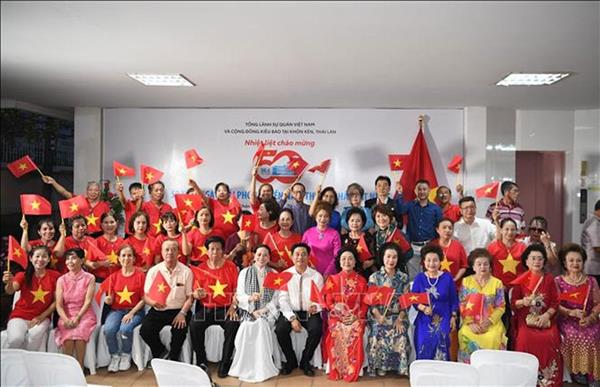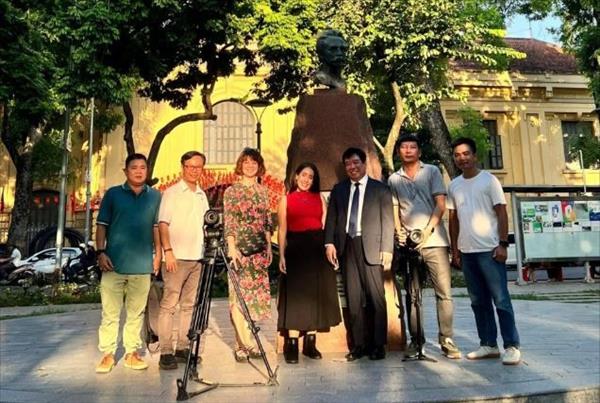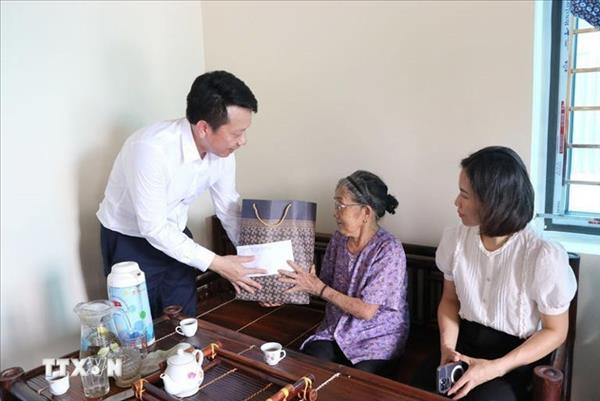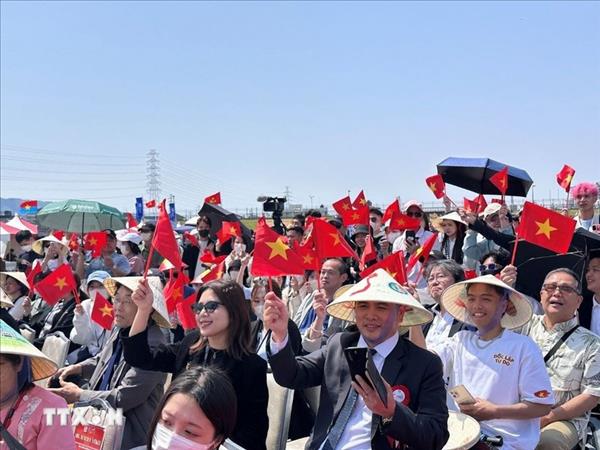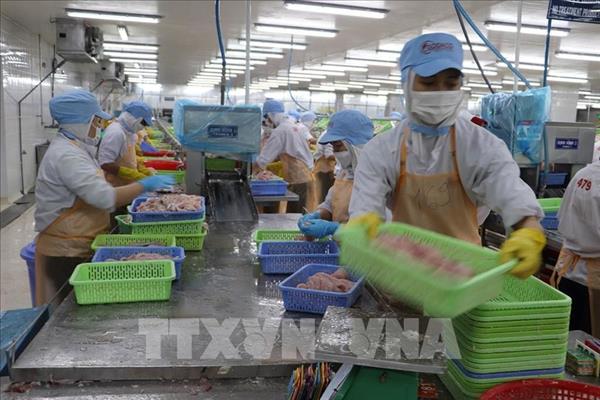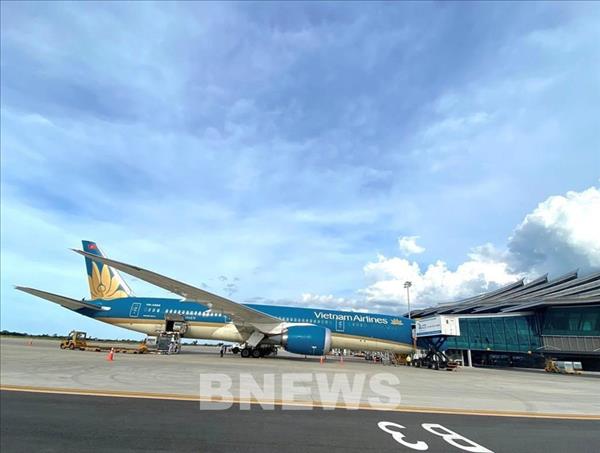Hai made the comment at the ministry’s regular meeting on October 12 afternoon, noting that since the end of 2021, the global situation has strongly affected the fuel supply. Local traders have made efforts to ensure enough fuel supply for domestic demand.
Under Decree 95/2021/ND-CP amending and supplementing Decree 83/2014/ND-CP on petrol and oil trading, petrol traders can import fuel or buy directly from domestic oil refineries.
Nghi Son, the biggest oil refinery of Vietnam, has cut output since mid-January because of a lack of funds needed to import crude oil, triggering a local gasoline and diesel shortage. Therefore, the ministry has required 10 key petrol trading companies to increase their import to make up for the domestic shortage. At that time, petrol traders had to import petrol at very high prices, then the price continuously decreased leading to losses.
Hai stated that the important issue was supply. The supply from domestic oil refineries accounted for 70-805 and the remainder came from imports posing great difficulties for Vietnam importers.
To help remove difficulties for petrol trading enterprises, the two ministries of Trade and Industry and Finance agreed to increase the cost for fuel transport from local refineries.
Hai noted that fuel transport cost from abroad remained a problem. Therefore, his ministry would ask the Government to continue to adjust the cost in order to share the burden with petrol trading companies.
The Ministry of Industry and Trade has said that Vietnam’s fuel supply system is still being reserved to ensure sufficient supply for local demand.
Accordingly, Petrolimex keeps a reserve of 489,000 cu.m. PVOIL holds a reserve of 230,000 cu.m. They are followed by military-run Petroleum Company with 19,000 cu.m, Saigon Petro (11,000 cu.m), Petimex Dong Thap (45,000 cu.m) and Thanh Le (60,000 cu.m).
The ministry said petroleum trading companies committed to continuously importing more fuel to ensure sufficient supply for their distribution network.
Previously, the MoIT’s Domestic Market Department said in recent days, there has been a phenomenon that some petrol retailers have asked the department to temporarily suspend business in some provinces and cities such as HCM City, An Giang, Binh Phuoc, and Dak Lak provinces. More than 100 petrol stations out of total of 17,000 were temporarily closed.
This phenomenon is attributed to the rising expenses in petroleum businesses since late 2021. As a result, petroleum traders do not have enough funds to import petrol. They have to maintain sufficient quantity for their retailers and inventories only.
The Ministry of Trade and Industry has instructed fuel wholesalers and distributors to work together to enhance fuel supply in some localities facing a shortage of petrol.
In addition, the ministry has also required market watch teams nationwide to closely work with authorised bodies to conduct inspections and control retail activities and strictly handle violations.
Despite fuel shortages at some petrol stations under the management of key petroleum traders, inventories are sufficient to meet local demand while petrol traders will continue importing fuel, according to the Trade Ministry.
Petrol prices up in latest adjustmentRetail prices of oil and petrol increased starting from 3pm on October 11, following the latest adjustment by the Ministry of Industry and Trade, and the Ministry of Finance.
Accordingly, the ceiling retail price of E5 RON92 rose by 560 VND (0.02 USD) to 21,290 VND per litre, and that of RON95 bio-fuel went up 560 VND to 22,000 VND per litre.
The prices of oil products were also revised up, with that of diesel oil up by 1,960 VND to 24,160 VND per litre, and that of kerosene up by 1,140 VND to 22,820 VND per litre. Mazut oil’s price was kept unchanged, at 14,909 VND per kg.
The two ministries also determined to extract 200-400 VND per litre from petrol prices for the petrol price stabilisation fund./

